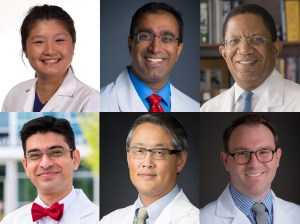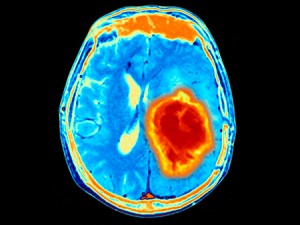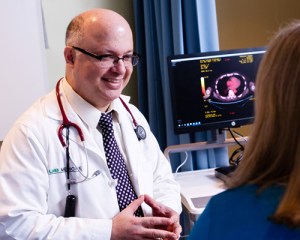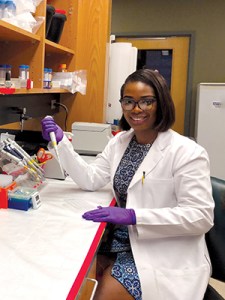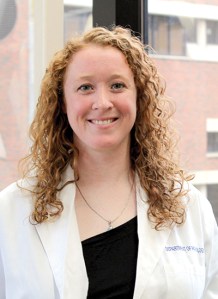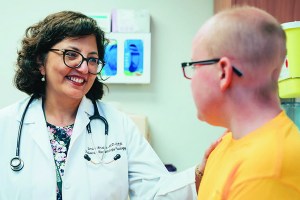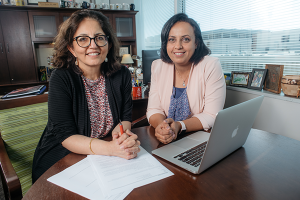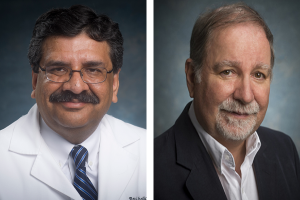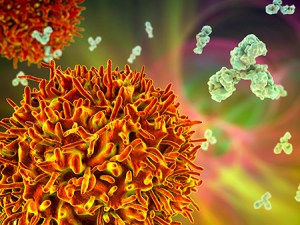
June 29, 2021
UAB professor receives grant to study precursor to multiple myeloma in African Americans
The University of Alabama at Birmingham’s Elizabeth Brown, Ph.D., has received a $3.1 million grant from the National Cancer Institute to support her investigation of the epigenetic contribution to the risk of a condition called monoclonal gammopathy of undetermined significance, known as MGUS, in African Americans. MGUS is a condition in which an abnormal protein formed within the bone marrow is found in the blood. MGUS is a precursor to multiple myeloma, the most common blood cancer affecting African Americans. Multiple myeloma is characterized by the prolonged accumulation and survival of antibody-producing tumor cells. The disease has a median survival rate of about five years.
Read More





